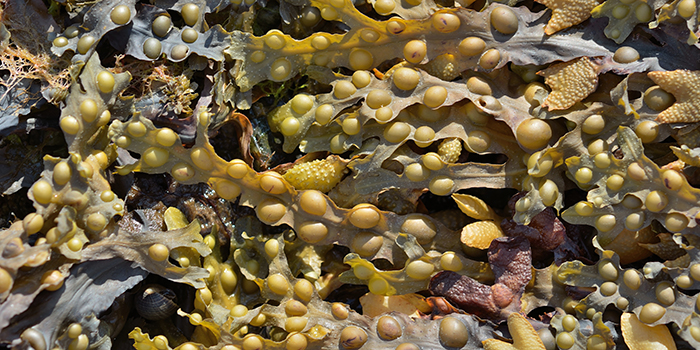Bioactives - Analysis and Application
The Research Group for Bioactives - Analysis and Application produces knowledge that can improve food quality and the oxidation stability of food, as well as increase the population's intake of healthy foods that are rich in vitamins, healthy lipids and proteins. The group's research is also used to develop ingredients from previously unused resources.

Approaches and methods
- Lipid and protein oxidation: Causes, analytical methods and solutions to prevent rancidity, with a particular focus on foods rich in omega-3 fatty acids.
- Vitamins in foods: Mapping of origin and content, assessment of bioavailability, and development of methods to preserve and enhance vitamin levels in raw materials and end products.
- Sensory science and eating experience: Advanced sensory analysis of foods and ingredients.
- Algae and aquatic resources: Cultivation, harvesting, extraction, concentration and fractionation of bioactive compounds from algae, underutilised aquatic resources for food and feed.
- Circular bioeconomy and ingredient development: Process development and upscaling that transform side streams into high-value ingredients.
- Standardisation and method development: Active contribution to Nordic and European standardisation fora within analytical methods.
Collaborations and impact
Contact
Charlotte Jacobsen Professor, Head of Research Group Mobile: +45 23279075 chja@food.dtu.dk